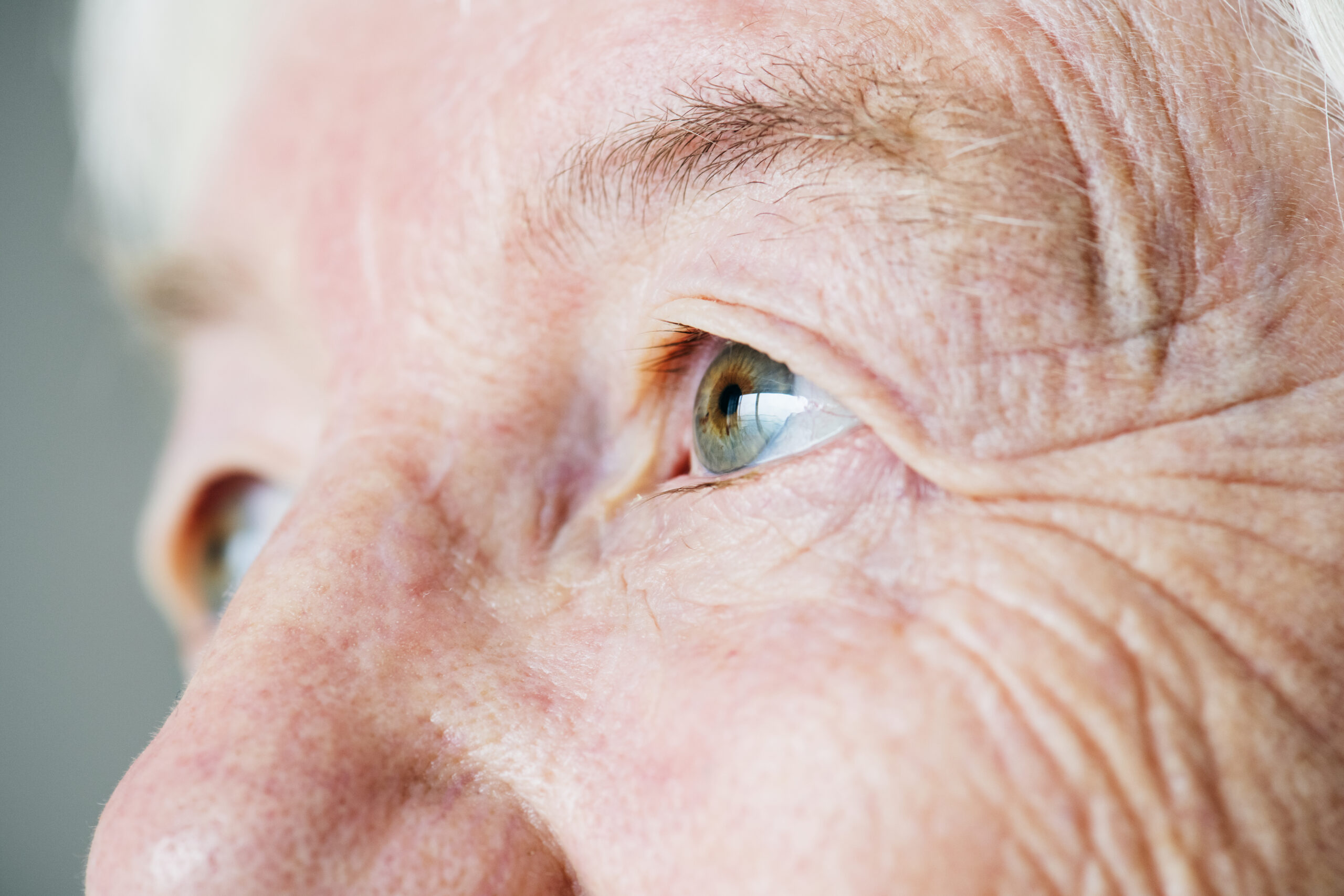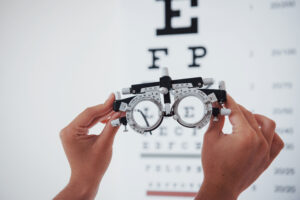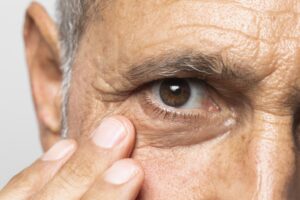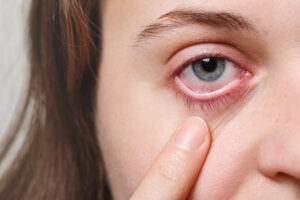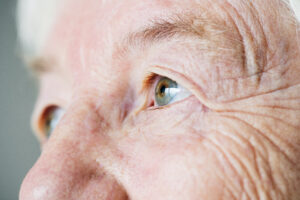Introduction
Glaucoma is a serious eye condition that can slowly damage your vision. Many people do not notice symptoms until the disease has already progressed. Because glaucoma can lead to permanent vision loss, early prevention is very important. In this blog, you will learn how to prevent glaucoma progression and keep your eyes healthy. These glaucoma prevention tips can help protect your sight for years to come.
What is Glaucoma?
Glaucoma is a group of eye diseases that damage the optic nerve. The optic nerve sends signals from your eyes to your brain. Often, high pressure inside the eye causes this damage. Over time, glaucoma can lead to vision loss or even blindness. However, with early care, you can slow or stop glaucoma from worsening.
Why Preventing Glaucoma Progression Matters
Preventing glaucoma progression is key because vision loss from glaucoma cannot be reversed. Once the optic nerve is damaged, the lost vision does not return. Therefore, taking steps to slow or stop glaucoma is the best way to keep your eyesight. Early action can help you enjoy daily activities and stay independent.
Top Tips to Prevent Glaucoma Progression
Regular Eye Exams
First, regular eye exams are the best way to catch glaucoma early. Your eye doctor can check your eye pressure and look for signs of damage. In the United States, adults over age 40 should get an eye exam every one to two years. If you have a family history of glaucoma, you may need exams more often.
Take Prescribed Medications Consistently
Next, if your doctor prescribes eye drops or other medicines, use them exactly as directed. Missing doses can raise your eye pressure and speed up damage. Set reminders or ask for help if you have trouble remembering your medicine.
Maintain a Healthy Lifestyle
Healthy habits can support your eye health. For example:
These steps help your whole body, including your eyes.
Protect Your Eyes from Injury
Eye injuries can make glaucoma worse. Therefore, always wear protective eyewear when playing sports or working with tools. Even small injuries can raise eye pressure and harm your vision.
Manage Other Health Conditions
Conditions like diabetes and high blood pressure can increase your risk of glaucoma. So, work with your doctor to keep these conditions under control. Good overall health supports your eyes, too.
Avoid Smoking and Limit Caffeine
Smoking can damage blood vessels in your eyes. In addition, too much caffeine may raise eye pressure in some people. Try to quit smoking and limit coffee or energy drinks to protect your vision.
Follow Your Eye Doctor’s Advice
Finally, always follow your eye doctor’s advice. If you have questions about your treatment, ask for help. Your doctor can suggest the best plan for your needs.
Recognizing Early Signs and When to Seek Help
Glaucoma often has no early symptoms. However, you should watch for:
If you notice any of these signs, contact your eye doctor right away. Early treatment can make a big difference.
Frequently Asked Questions about Glaucoma Prevention
Conclusion
In summary, taking steps to prevent glaucoma progression is vital for protecting your vision. Regular eye exams, healthy habits, and following your doctor’s advice can make a big difference. If you have concerns about glaucoma or your eye health, consult an eye care specialist for personalized guidance.

